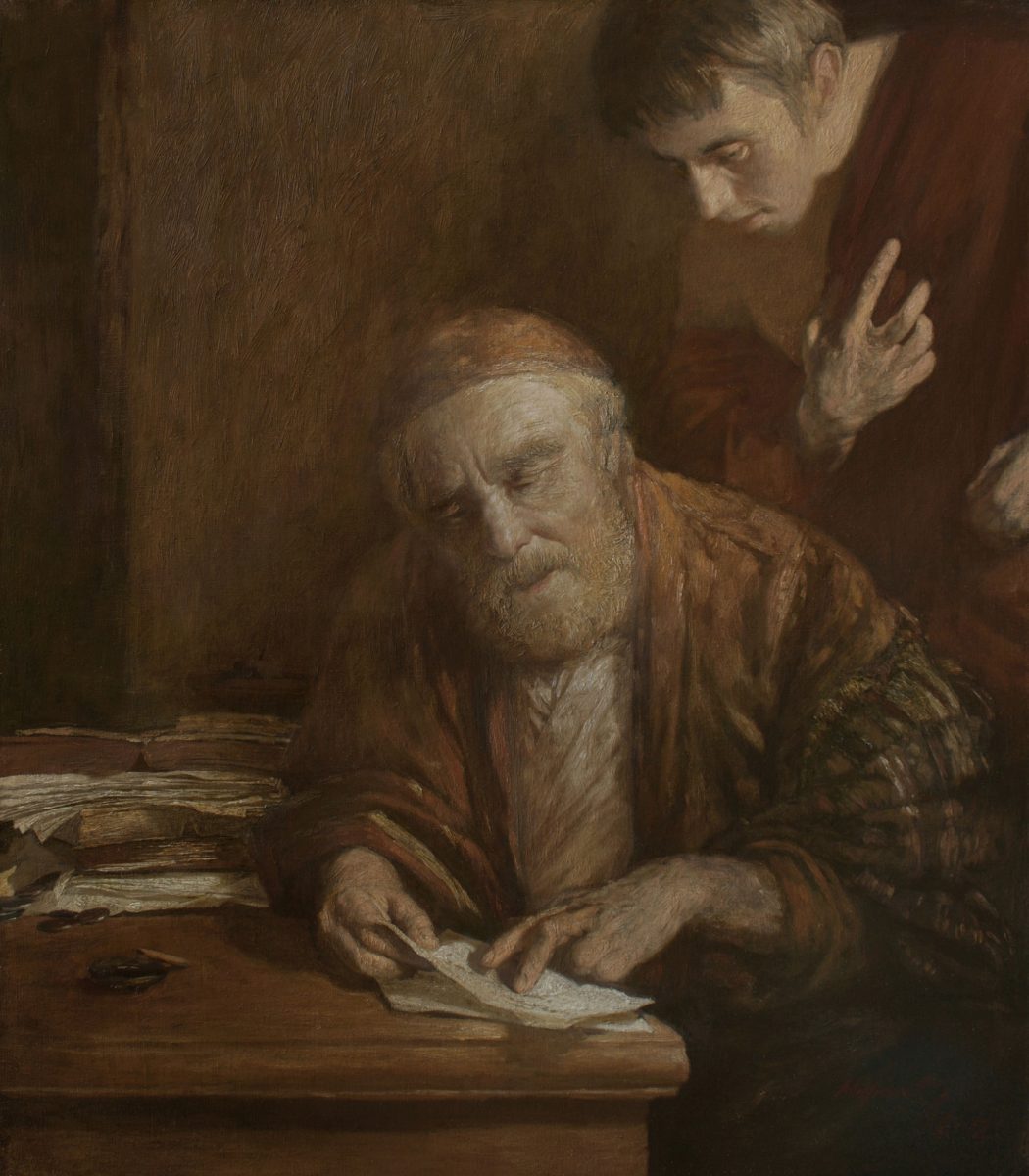Whenever we discover that a government official is corrupt, that he has been using his office to become wealthy off of the back of taxpayers or misusing his power in unethical or illegal ways, we become angry. Not so long ago, a Republican Senator from North Carolina, Richard Burr, used information he received in private coronavirus briefings to sell a number of stocks before the public announcements of the lockdowns. He made off like a bandit. But that is just the scandal du jour. News such as this is pretty standard.
When we see pastors or TV evangelists fleecing people in the name of God to line their own pockets with great amounts of wealth, we are understandably disgusted.
These people are given a trust, a stewardship, in which they are expected to serve those under their care. We don’t mind them making money in their callings, but when they abuse their trust and, therefore, the people for whom they are supposed to care, they are unjust. We want them to lose their position … and rightfully so.
Jesus’ parable of the unjust steward in Luke 16 speaks to this issue. The parable is difficult to understand because it looks as if, on the surface, that Jesus is somehow commending unethical shrewdness. But that is not what is going on. Jesus is dealing with the leaders in Israel, what they have been doing, what they should have been doing, and what they need to do.
The leaders in Israel at every level had been given a trust by God to care for his people by administering his laws of worship and civil order. This stewardship involved quite a bit of money exchanging hands and, with it, the ability to game the system. The people were required to pay tithes, make special trespass offerings (Lev 5.14ff.), and offer animals at the Temple in order to draw near to God. Because people had to travel a far distance to the Temple, crops and animals were sold and money could be brought to the Temple. The Temple had a treasury and its own banking system. Leaders in Israel, if they were corrupt, could manipulate the laws of God and/or make extra laws that would lay extra burdens on people, extorting them in the name of God.
This is precisely what they did. They devoured widows’ houses (Mk 12.38-44). They protected their wealth by declaring it “Corban,” dedicated to the Lord, when they should have been using it to honor (i.e., financially support) their parents (Mt 15.1-9). Through extra laws–the oral law tradition–they burdened the people by requiring of them more than God required. Many times this involved the people making monetary restitution at the Temple for the “wrongs” they committed.
They were unjust stewards, and God through Jesus is calling them to account. God is about to take away their stewardship, doing away with the whole Temple system. What should they do?
They need to be shrewd or wise. The unjust steward realized what his master was about to do, and he began reducing the debts of those who owed his master; likely relieving them from the exorbitant interest he had been charging. When he was out of a job, he wanted to be received into the houses of these debtors. The master praises him for his shrewdness. What he did wasn’t wrong. It was good.
The leaders in Israel need to unburden the tax collectors, prostitutes, Gentiles, and sinners whom Jesus has been declaring to be a part of his kingdom. They need to forsake their corrupt system and use the power that they have gained through unrighteous mammon to make friends with these true kingdom citizens. Later, when the dust settles after the destruction of Jerusalem, they will want to be received into the church that will last forever. If they want to be shown mercy, they will need to show mercy. (Jms 2.13)
While this parable is particularly poignant for leaders in the church and government, each one of us, no matter our station in life, has been given a stewardship. Each of us has been given a mind and body that we are to care for as God’s property. Some of us have been given much more. Each one of us has the temptation to abuse the privileges we have been given; to “cook the books,” embezzling from God. We can do this through not giving the money he commands, using our bodies in sinful ways, or we may do it by requiring more of others around us than what God himself demands. The first two of those are quite obvious. The third is a little less so.
God has put us in relationships in which there are demands; demands placed upon us and upon others in relation to us. We extort our family and friends when we demand allegiance from them that God himself doesn’t require; when we demand emotional needs met that no other human can possibly meet; generally, when our expectations of them are unrealistic and unjust. That is not being a faithful steward.
Jesus calls us to “wise up” and reduce the burdens we have placed on others, using the authority he has given us to do so.
What are the stewardships God has given you? Are you a righteous or unrighteous steward? Let the reader understand.















